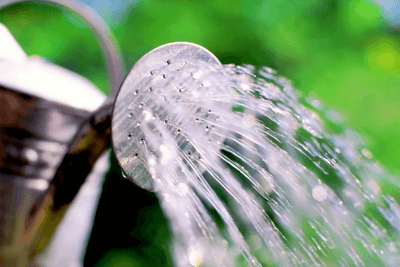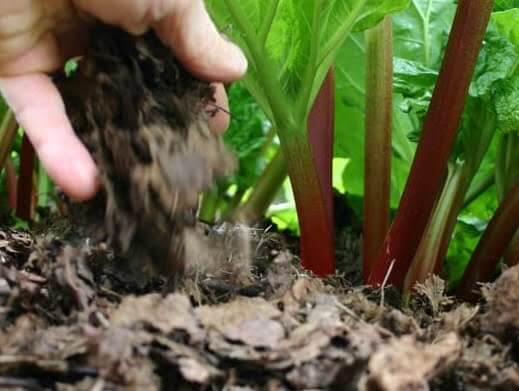Gardening In February
Its February in the garden and summer is now in full swing! Holidays are long forgotten and the routine of the New Year is slowly becoming comfortable and familiar (or not!).
Love With Plants This February
Remember, February is the time for L-O-V-E! Why not opt for a living green gift for your beloved? Alternatively, turn on the charm with a romantic dinner or picnic in the garden. Savour the evening’s summer fragrances as you sit out under the stars, and enjoy…
In The Garden This February
February is an intense gardening month in South Africa. The weather extreme’s place additional strain on your garden so ensure you water regularly and feed, feed, feed!! New plantings should be done in the early mornings or late afternoons when time spent outdoors is simply breathtaking. Make the most of these glorious summer days

More Healthy Summer Gardening Tips For February.
Heat and Drought Management: With February being one of the hottest months, it’s crucial to implement strategies for managing heat and potential drought. Consider setting up shade nets for sensitive plants and using water-retaining crystals in potting soil to help retain moisture.
Pest Control: This is the time to be vigilant about pests like aphids and red spider mites, which thrive in hot conditions. Use organic pest control methods to keep them at bay without harming your garden’s ecosystem.
Watering Techniques: Adjust your watering techniques to early mornings or late afternoons to minimize water evaporation. Consider drip irrigation or soaker hoses for efficient water use.
Summer Pruning: Some plants may benefit from light pruning in February to remove dead or diseased wood and encourage air circulation, reducing the risk of fungal diseases in the humid summer weather.
Plant Heat-Tolerant Varieties: Consider planting heat-tolerant species that can withstand the intense February heat, such as Portulaca, Lantana, or Bougainvillea.
Vegetable Gardening: It’s a good time to plant heat-loving vegetables like tomatoes, peppers, and eggplants. Ensure they have adequate support structures as they grow.
Garden Hydration: Keep the garden well-hydrated but avoid overwatering. Mulching can help conserve soil moisture and reduce the frequency of watering.
Lawn Care: Raise the cutting height of your lawnmower to leave the grass slightly longer, which shades the soil and helps retain moisture.
Soil Fertility: Continue to enrich the soil with organic matter. Compost and well-rotted manure will help improve soil structure and water retention.
Garden Wildlife: Provide water sources for birds and beneficial insects, which play a crucial role in pollination and natural pest control.


